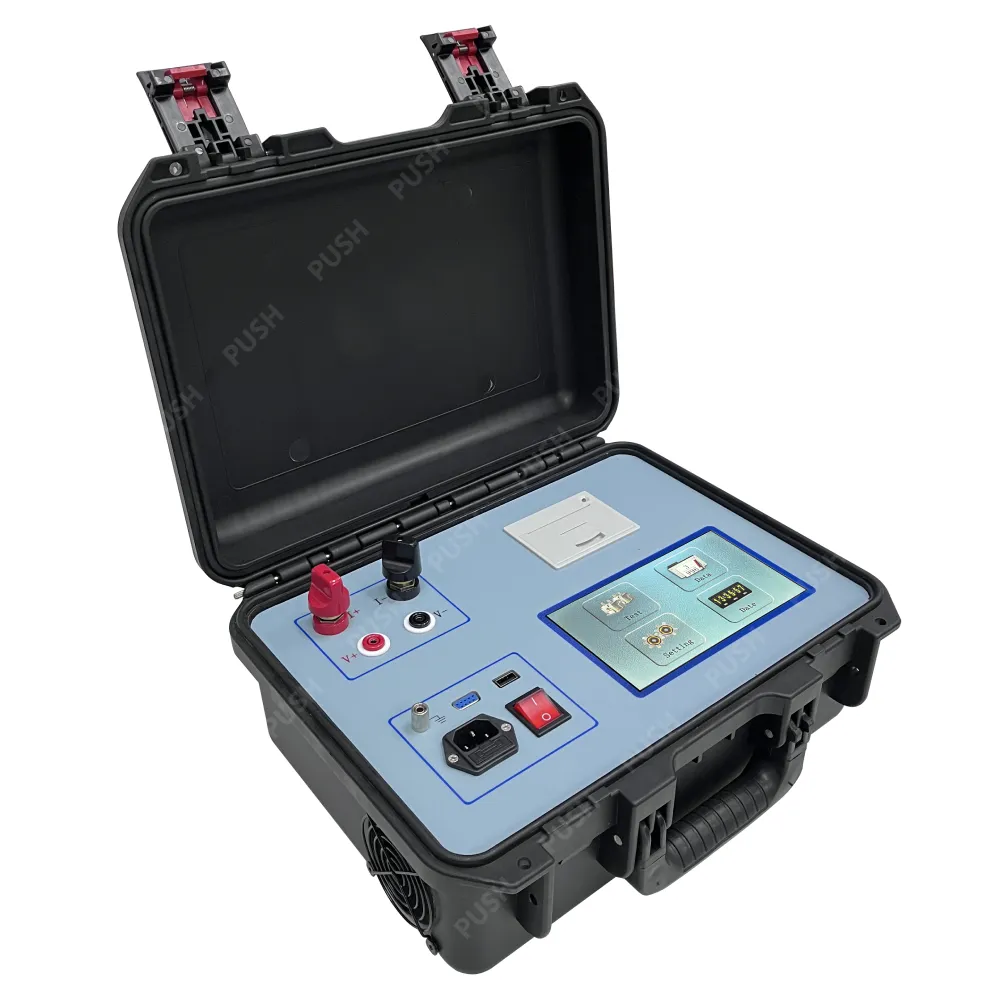 English
English


digital flash point apparatus
Understanding Digital Flash Point Apparatus A Key Tool in Safety and Quality Control
In the world of material testing, especially in industries such as chemicals, petroleum, and food processing, the flash point of a substance is a critical parameter that must be accurately measured. The flash point is the lowest temperature at which a liquid can vaporize to form an ignitable mixture in air. This property is integral to ensuring safety, compliance with industry standards, and the quality of products. Amidst traditional methods, the digital flash point apparatus has emerged as a modern solution, combining precision, speed, and user-friendliness.
What is a Digital Flash Point Apparatus?
A digital flash point apparatus is an advanced device used to determine the flash point of various liquids. Unlike traditional methods, which can be cumbersome and time-consuming, digital flash point testers utilize modern technology to provide quick and accurate results. The apparatus typically consists of a temperature control system, a test cup, a heat source, and a digital display that shows real-time results.
How Does it Work?
The operation of a digital flash point apparatus is straightforward. The sample liquid is placed in a test cup, which is then heated while air is infused into the cup. As the temperature rises, the apparatus continuously monitors the conditions. A spark or flame is introduced to the vapor space above the liquid at regular intervals until ignition occurs. The temperature at which this ignition happens is recorded as the flash point of the liquid. The digital aspect of the apparatus ensures that results are displayed instantaneously and can often be logged for further analysis.
Benefits of Digital Flash Point Apparatus
1. Accuracy and Reliability One of the primary advantages is the enhanced level of accuracy provided by digital models. Traditional methods often rely on subjective visual indicators of ignition, which can be inconsistent. Digital devices eliminate this variability, providing precise measurements that are crucial for regulatory compliance.
digital flash point apparatus

2. Speed In industries where time is of the essence, the speed of testing is vital. Digital flash point apparatuses can significantly reduce the time taken to determine flash points compared to older methods, allowing for quicker decision-making in safety assessments.
3. User-Friendly Interface Many digital flash point testers come with intuitive interfaces that make them accessible to operators with varying levels of expertise. This ease of use can enhance productivity and decrease the likelihood of errors in the testing process.
4. Data Management Modern digital apparatus often include features for recording and storing data. This capability is essential for quality control processes, allowing businesses to maintain an extensive database of test results for regulatory audits and traceability.
5. Versatility Digital flash point testers are designed to accommodate a wide range of liquids, from volatile solvents to heavy oils. This versatility makes them valuable tools across multiple sectors, including petrochemicals, aviation fuel testing, and even compliance in pharmaceuticals.
Applications in Industry
The applications of the digital flash point apparatus are vast. In the petroleum industry, precise flash point measurements are critical for ensuring safe storage and transportation of fuels. In the chemical industry, manufacturers need to know the flash points of solvents and other substances to formulate products safely. Furthermore, food and beverage industries have also adopted these apparatuses to measure the flash point of oils and other ingredients, ensuring they meet safety standards.
Conclusion
In summary, the digital flash point apparatus represents a significant advancement in the field of material testing. Its accuracy, speed, and ease of use make it an invaluable tool for industries that prioritize safety and quality. As regulations become increasingly stringent and as the need for precise data grows, investing in modern testing equipment like digital flash point apparatuses will become essential for businesses aiming to maintain compliance, improve safety, and enhance product quality. With technology continuously evolving, we can expect further innovations in the realm of flash point testing, ensuring safety in various industrial applications for years to come.
-
Differences between open cup flash point tester and closed cup flash point testerNewsOct.31,2024
-
The Reliable Load Tap ChangerNewsOct.23,2024
-
The Essential Guide to Hipot TestersNewsOct.23,2024
-
The Digital Insulation TesterNewsOct.23,2024
-
The Best Earth Loop Impedance Tester for SaleNewsOct.23,2024
-
Tan Delta Tester--The Essential Tool for Electrical Insulation TestingNewsOct.23,2024





